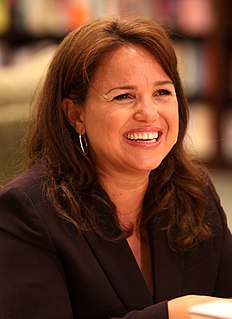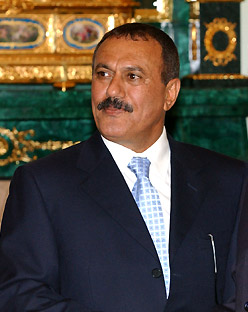A Quote by Maya Wiley
Too often we forget our principles in order to hold onto power; I will always put principles first, not my own power.
Related Quotes
Sometimes we forge our own principles and sometimes we accept others' principles, or holistic packages of principles, such as religion and legal systems. While it isn't necessarily a bad thing to use others' principles - it's difficult to come up with your own, and often much wisdom has gone into those already created - adopting pre-packaged principles without much thought exposes you to the risk of inconsistency with your true values.
There is nothing so bad or so good that you will not find Englishmen doing it; but you will never find an Englishman in the wrong. He does everything on principle. He fights you on patriotic principles; he robs you on business principles; he enslaves you on imperial principles; he bullies you on manly principles; he supports his king on loyal principles and cuts off his king's head on republican principles.
Our object now, as then, is to vindicate the principles of peace and justice in the life of the world as against selfish and autocratic power, and to set up among the really free and self-governed peoples of the world such a concert of purpose and of action as will henceforth insure the observance of those principles.
PRACTICE OF THE Art of Peace is an act of faith, a belief in the ultimate power of nonviolence. It is faith in the power of purification and faith in the power of life itself. It is not a type of rigid discipline or empty asceticism. It is a path that follows natural principles, principles, that must be applied to daily living. The Art of Peace should be practiced from the time you rise to greet the morning to the time you retire at night.
Principles always have natural consequences attached to them. There are positive consequences when we live in harmony with the principles. There are negative consequences when we ignore them. But because these principles apply to everyone, whether or not they are aware, this limitation is universal. And the more we know of correct principles, the greater is our personal freedom to act wisely.
































